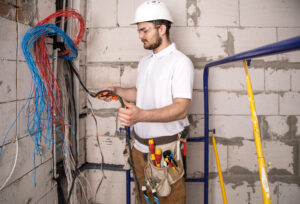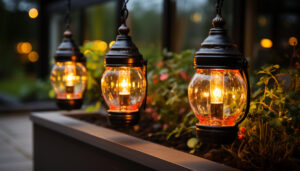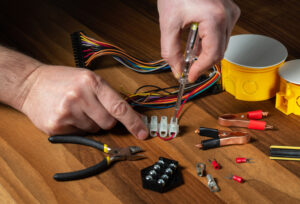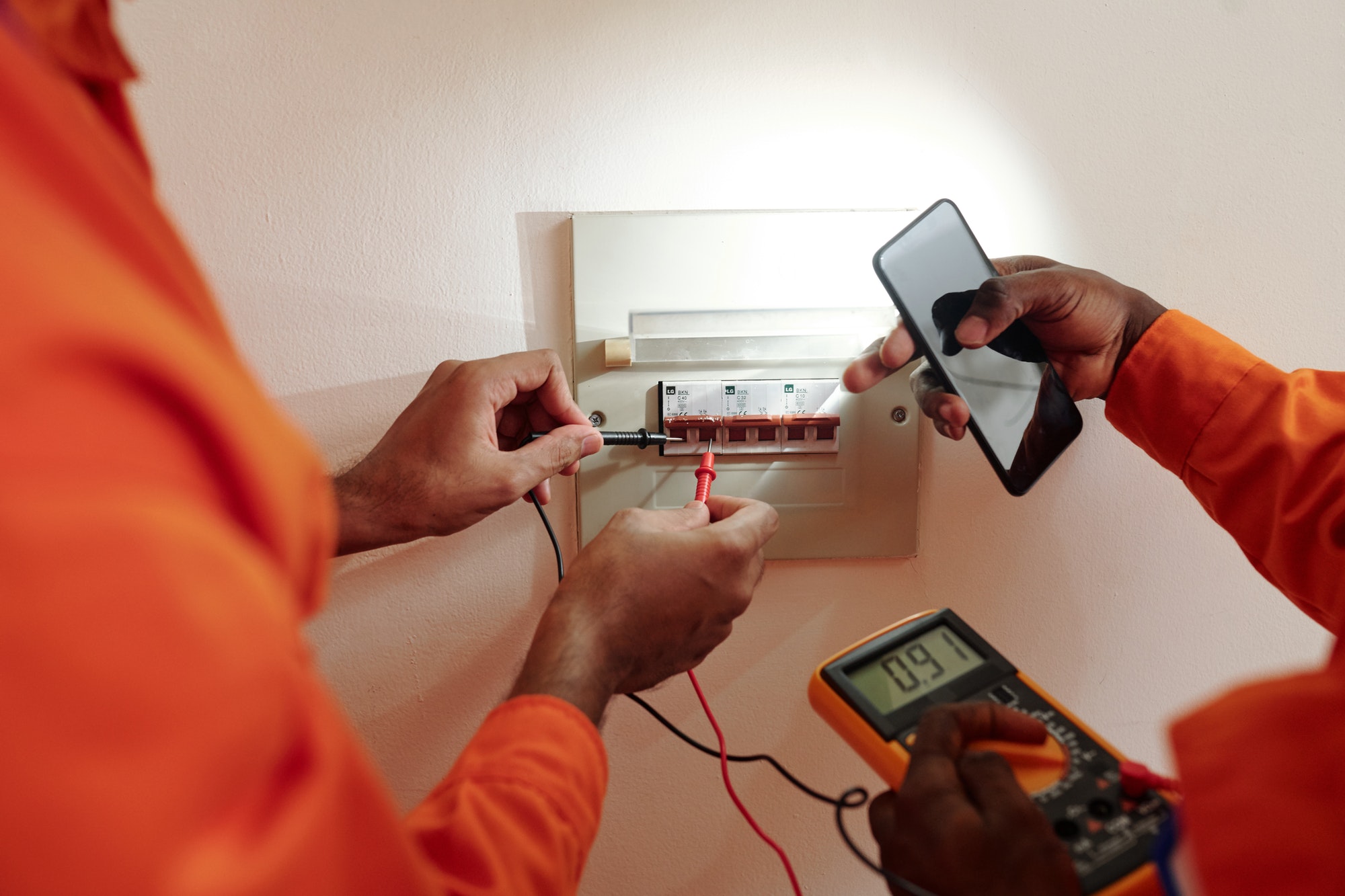Storage heaters are an excellent way to manage home heating, especially during colder months. They can be very efficient if used correctly, allowing you to take advantage of off-peak electricity rates. Here are some tips to maximize the efficiency of your storage heaters, ensuring you stay warm while keeping energy costs down.
1. Understand Your Heater’s Controls
Familiarize yourself with the controls of your storage heater. Typically, there are two main settings:
- Input Control: Determines how much heat the heater stores during the night. Set this according to your needs and the outside temperature. On colder days, you may need to increase the input setting to store more heat.
- Output Control: Manages how much stored heat is released throughout the day. Keep this setting low if you’re not at home to maintain the stored heat for when you return.
2. Take Advantage of Off-Peak Rates
Storage heaters are designed to store heat during off-peak hours when electricity is cheaper. Make sure your heater is set to charge during these times, typically overnight. Using a timer can help ensure the heater only charges during off-peak periods, maximizing cost savings.
3. Optimize Room Temperature
Avoid overheating rooms by setting the output control to a comfortable level. Excessive heat not only wastes energy but can also make the room uncomfortable. Adjust the output control based on your schedule, lowering it when the room is unoccupied.
4. Regular Maintenance
Regular maintenance ensures your storage heater operates efficiently:
- Clean Vents and Filters: Dust and debris can block vents and reduce efficiency. Clean the vents and filters regularly to maintain optimal airflow.
- Check for Damages: Inspect the heater for any signs of damage, such as cracks or worn-out insulation, and repair or replace components as needed.
5. Use Supplemental Heating Wisely
On particularly cold days, you might need additional heating. Use supplemental heaters sparingly and only in occupied rooms. Relying solely on your storage heater for the majority of your heating needs will help keep energy costs down.
6. Improve Home Insulation
Good insulation can significantly enhance the efficiency of your storage heater:
- Insulate Walls and Roof: Proper insulation prevents heat loss, keeping your home warmer for longer.
- Seal Gaps: Check windows, doors, and other openings for gaps and seal them to prevent drafts.
- Use Heavy Curtains: Heavy, insulated curtains can reduce heat loss through windows.
7. Upgrade to Modern Storage Heaters
Modern storage heaters are more efficient and offer advanced features such as:
- Programmable Timers: Allow you to set precise heating schedules to match your lifestyle.
- Thermostatic Controls: Maintain a consistent temperature, avoiding overheating or underheating.
- Smart Controls: Enable remote management via smartphone apps, offering convenience and control even when you’re not at home.
8. Utilize Room Zoning
Only heat the rooms you use frequently. If you have multiple storage heaters, adjust the settings in each room based on usage. Bedrooms may require less heat during the day, while living areas might need more warmth in the evening.
9. Ventilation Balance
While insulation is crucial, proper ventilation is also necessary to prevent condensation and maintain air quality. Use extractor fans in kitchens and bathrooms to remove excess moisture without compromising the overall warmth of your home.
10. Monitor Energy Usage
Keep track of your energy consumption to identify patterns and adjust your heating habits accordingly. Smart meters and energy monitors can provide real-time data, helping you make informed decisions about your heating usage.
Conclusion
Maximizing the efficiency of your storage heater involves a combination of proper usage, regular maintenance, and smart home management. By understanding and adjusting your heater’s controls, taking advantage of off-peak rates, and ensuring your home is well-insulated, you can enjoy a warm, comfortable environment while minimizing energy costs. Investing in modern storage heaters and utilizing advanced features can further enhance efficiency, making your heating system more effective and economical.






